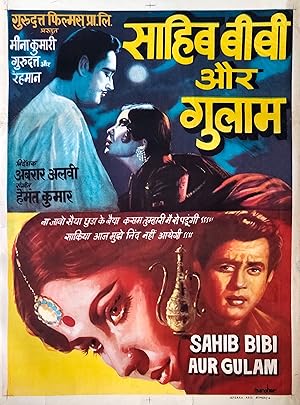|
|
Latest Articles
|

Torrent Description

Category: Adults, Classic, Tutorial Language: EnglishKeywords: Classical Studies Freedom human nature Philosophy Psychology Written by Simone de Beauvoir Read by Adriel Brandt Format: MP3 Bitrate: 128 Kbps Unabridged · Audiobook · Release date: 07-01-20 · Publisher: MuseumAudiobooks.com The Ethics of Ambiguity is the book that launched Simone de Beauvoir’s feminist and existential philosophy. It remains a concise yet thorough examination of existence and what it means to be human. In this classic introduction to existentialist thought, French philosopher Simone de Beauvoir’s The Ethics of Ambiguity simultaneously pays homage to and grapples with her French contemporaries, philosophers Jean-Paul Sartre and Maurice Merleau-Ponty, by arguing that the freedoms in existentialism carry with them certain ethical responsibilities. De Beauvoir outlines a series of “ways of being” (the adventurer, the passionate person, the lover, the artist, and the intellectual), each of which overcomes the former’s deficiencies, and therefore can live up to the responsibilities of freedom. Ultimately, de Beauvoir argues that in order to achieve true freedom, one must battle against the choices and activities of those who suppress it. Part I, titled “Ambiguity and Freedom”, provides the philosophical underpinnings of de Beauvoir’s ethics. Part II, “Personal Freedom and Others,” looks at the ways in which people try to deny their freedom, and the type of person that misuse freedom, like the nihilist, the adventurer and the passionate man. In Part III, “The Positive Aspect of Ambiguity,” the author examines the intricacies and nuances of genuinely free action in the world, in the sections “The Aesthetic Attitude,” “Freedom and Liberation,” The Antinomies of Action,” “The Present and the Future,” and “Ambiguity”. In the conclusion, de Beauvoir gives a summary of her view of human freedom. · Audiobook · Release date: 07-01-20 · Publisher: MuseumAudiobooks.com The Ethics of Ambiguity is the book that launched Simone de Beauvoir’s feminist and existential philosophy. It remains a concise yet thorough examination of existence and what it means to be human. In this classic introduction to existentialist thought, French philosopher Simone de Beauvoir’s The Ethics of Ambiguity simultaneously pays homage to and grapples with her French contemporaries, philosophers Jean-Paul Sartre and Maurice Merleau-Ponty, by arguing that the freedoms in existentialism carry with them certain ethical responsibilities. De Beauvoir outlines a series of “ways of being” (the adventurer, the passionate person, the lover, the artist, and the intellectual), each of which overcomes the former’s deficiencies, and therefore can live up to the responsibilities of freedom. Ultimately, de Beauvoir argues that in order to achieve true freedom, one must battle against the choices and activities of those who suppress it. Part I, titled “Ambiguity and Freedom”, provides the philosophical underpinnings of de Beauvoir’s ethics. Part II, “Personal Freedom and Others,” looks at the ways in which people try to deny their freedom, and the type of person that misuse freedom, like the nihilist, the adventurer and the passionate man. In Part III, “The Positive Aspect of Ambiguity,” the author examines the intricacies and nuances of genuinely free action in the world, in the sections “The Aesthetic Attitude,” “Freedom and Liberation,” The Antinomies of Action,” “The Present and the Future,” and “Ambiguity”. In the conclusion, de Beauvoir gives a summary of her view of human freedom. 
Related Torrents
|
|||||||||||||||||||||||||||||||||||||||||||||||||||||||||||||||||||||||||
Home - Browse Torrents
ExtraTorrent.st is in compliance with copyrights
2025 ExtraTorrent.st

















